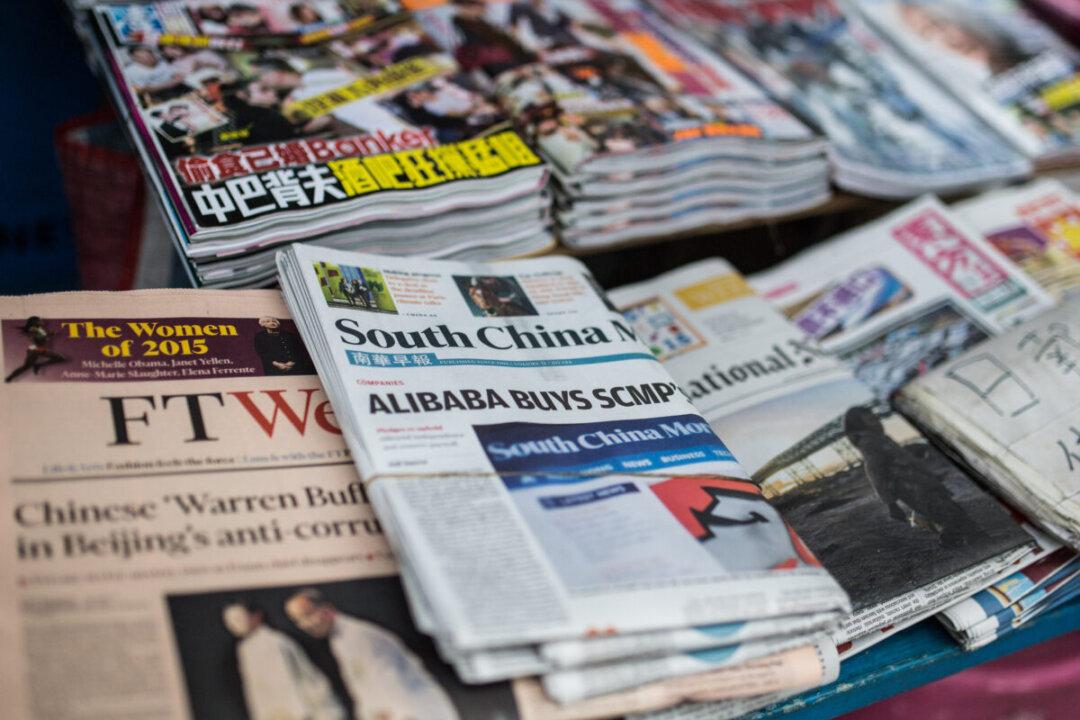Commentary
The regime in Beijing is tightening the screws on more industries, including news media and cryptocurrency mining, in a bid for further control of China’s economy.

The regime in Beijing is tightening the screws on more industries, including news media and cryptocurrency mining, in a bid for further control of China’s economy.